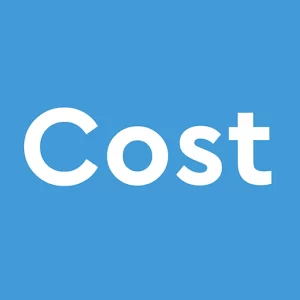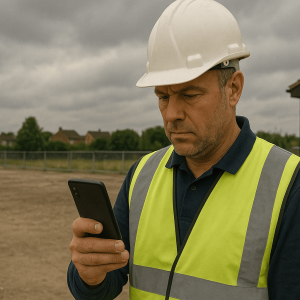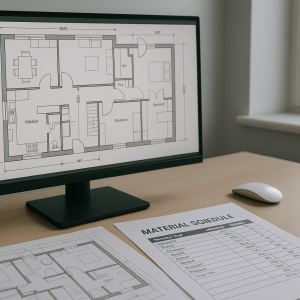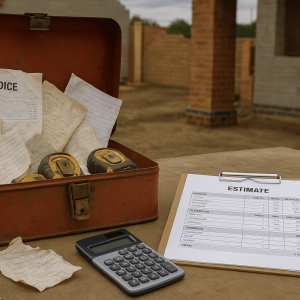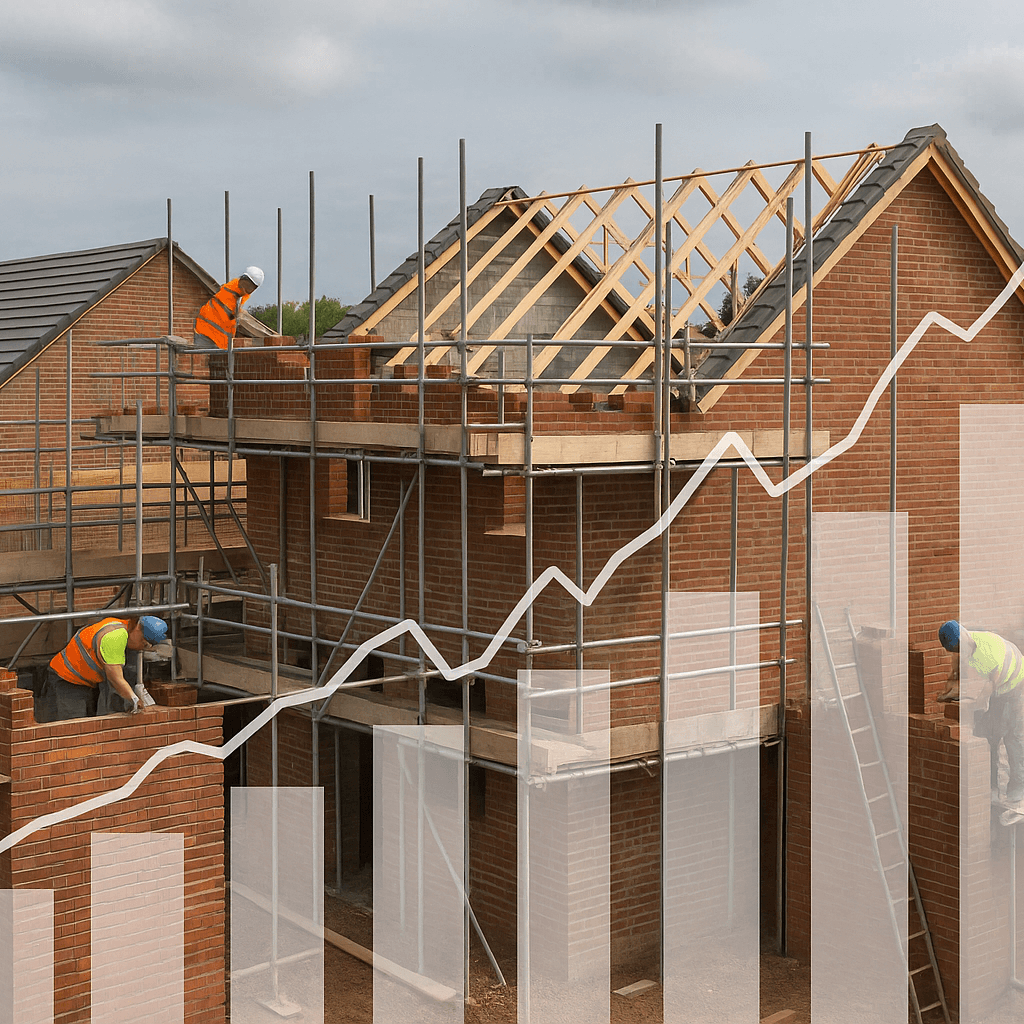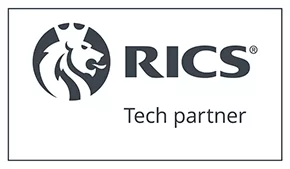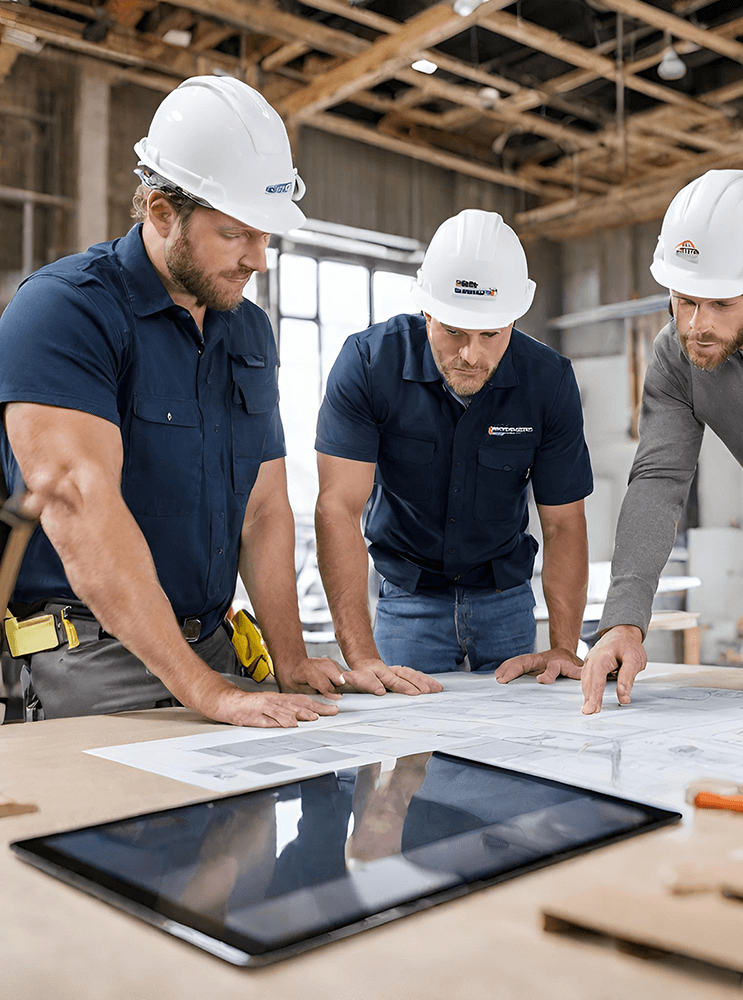It seems there’s a bit of a misconception floating around in the UK construction industry, one that’s as pervasive as it is misleading: the idea that building cost estimates are just fancy guesses. Some might even say it’s a dark art, shrouded in mystery and speculation. But let’s set the record straight, shall we? Far from being a shot in the dark, accurate building cost estimates are the backbone of successful projects, ensuring financial viability and operational efficiency. And in today’s economic climate, who wouldn’t want that?
But here’s the kicker: not all cost estimates are created equal. And in the labyrinth that is the UK construction industry, navigating the complexities of building cost estimation requires more than just a good eye. It demands a deep understanding of the market, a keen attention to detail, and, yes, a bit of insider knowledge. So, let’s dive in, shall we? Let’s dissect the anatomy of building cost estimates, debunk a few myths, and maybe, just maybe, we’ll uncover some hidden truths that could save you a pretty penny.
The Pillars of Accurate Building Cost Estimates
At the heart of every successful construction project lies a robust and reliable cost estimate. But what makes an estimate more than just a ballpark figure? Let’s explore the pillars that uphold the integrity of this crucial process.
The Importance of Local Market Knowledge
First things first, understanding the local market is paramount. Prices for materials, labour, and even land can vary wildly from one region to another. A savvy estimator knows that what works in London might not fly in Leeds. They keep their finger on the pulse of local market trends, ensuring that their estimates reflect the reality on the ground.
But it’s not just about knowing the current prices. It’s about forecasting, about anticipating how economic factors, both domestic and global, might influence costs down the line. It’s a game of chess, and the best players are always thinking several moves ahead.
The Role of Detailed Specifications
Then there’s the matter of specifications. Vague or incomplete specs are the enemy of accurate estimates. The more detailed the project specifications, the more precise the estimate. It’s that simple. This means having a clear understanding of the materials, finishes, and techniques to be used, as well as any regulatory requirements that must be met.
It’s a meticulous process, but it’s also where the magic happens. Because in those details lies the difference between a project that spirals out of control and one that stays firmly on track.
Technological Advancements in Estimation
And let’s not forget the role of technology. Today’s estimators have a wealth of tools at their disposal, from sophisticated software that can crunch numbers in the blink of an eye to databases brimming with historical cost data. These technological advancements not only streamline the estimation process but also enhance its accuracy.
But technology is only as good as the hands that wield it. The best estimators blend cutting-edge tools with years of experience, striking a balance between the precision of data and the intuition that comes from real-world practice.
The Human Element in Cost Estimation
While technology has revolutionized the field of cost estimation, the human element remains irreplaceable. Experienced estimators bring a level of judgment and expertise that algorithms and software can’t replicate. Their ability to interpret data, account for unforeseen variables, and make informed decisions based on intuition is what sets them apart.
Moreover, the human touch in cost estimation extends to communication. Estimators often act as liaisons between various stakeholders, translating complex technical information into understandable terms for clients, architects, and contractors. This interpersonal skill is invaluable in ensuring that everyone is on the same page throughout the project.
The Benefits of Professional Estimating Services
Now, you might be thinking, “Sure, accurate estimates are important, but can’t I just do it myself?” Well, you could, but here’s why you might want to think twice before going down that road.
Cost Savings
First and foremost, professional estimating services can save you money. Yes, you read that right. By identifying the most cost-effective materials and methods, and by avoiding the pitfalls of underestimation, a professional estimator can help keep your project within budget.
It’s a bit like having a financial guardian angel, one who’s got your back when it comes to navigating the treacherous waters of construction costs.
Time Efficiency
Then there’s the matter of time. In the construction industry, time is money, and every day spent on estimation is a day not spent on actual construction. Professional estimators can turn around accurate estimates quickly, freeing you up to focus on what you do best: building.
It’s about working smarter, not harder. And in a world where deadlines are tight and schedules are tighter, that’s not just a luxury; it’s a necessity.
Risk Mitigation
Last but not least, professional estimating services can help mitigate risk. Construction is inherently risky, with countless variables that can throw a project off course. A professional estimator can help identify these risks early on, allowing for contingency plans to be put in place.
It’s about peace of mind, knowing that you’re prepared for whatever curveballs the project might throw your way.
FAQs: Unveiling the Mysteries of Building Cost Estimates
Still have questions? You’re not alone. Here are some of the most common queries we get about building cost estimates, answered.
How accurate are building cost estimates?
Accuracy depends on a multitude of factors, including the quality of the project specifications and the estimator’s expertise. However, with a professional estimating service, accuracy rates can be significantly higher than DIY estimates.
Can I save money by doing my own estimates?
While it might seem like you’re saving on upfront costs, inaccuracies in DIY estimates can lead to significant overruns, ultimately costing you more. Professional estimators can help avoid these pitfalls.
How do I choose a professional estimating service?
Look for services with a proven track record, positive client testimonials, and a deep understanding of the local construction market. Don’t be afraid to ask for references and examples of their work.
The Evolution of Building Cost Estimation
Over the years, building cost estimation has evolved significantly, driven by advancements in technology, changes in market dynamics, and a growing emphasis on sustainability. Estimators today are not just number crunchers; they are strategic partners in the construction process, offering insights that go beyond mere cost projections.
One of the key trends shaping the future of cost estimation is the integration of Building Information Modeling (BIM) software. BIM allows for the creation of detailed 3D models that not only aid in visualizing the project but also provide valuable data for cost estimation. By leveraging BIM technology, estimators can generate more accurate estimates and identify potential cost-saving opportunities early in the design phase.
Furthermore, the focus on sustainability and green building practices has introduced new considerations into cost estimation. Estimators now need to account for eco-friendly materials, energy-efficient systems, and sustainable construction practices when preparing their estimates. This shift towards sustainable construction not only aligns with environmental goals but also presents long-term cost savings through reduced energy consumption and operational expenses.
The Future of Building Cost Estimates
As we look ahead, the future of building cost estimates appears to be increasingly data-driven and collaborative. Estimators will rely on advanced analytics, machine learning algorithms, and real-time market data to enhance the accuracy and efficiency of their estimates. Moreover, collaboration between stakeholders, including architects, engineers, contractors, and estimators, will be key to ensuring that cost estimates align with project goals and constraints.
With a focus on transparency, accountability, and innovation, the future of building cost estimates holds promise for more streamlined processes, reduced project risks, and ultimately, greater project success. By embracing these changes and staying ahead of the curve, construction professionals can harness the power of accurate cost estimates to drive their projects towards excellence.
In conclusion, building cost estimates are far from the guesswork they’re often made out to be. With the right knowledge, tools, and expertise, they can be a powerful tool in ensuring the success of your construction project. So, before you dismiss them as just another line item on your project to-do list, remember: in the world of construction, knowledge isn’t just power—it’s profit.

